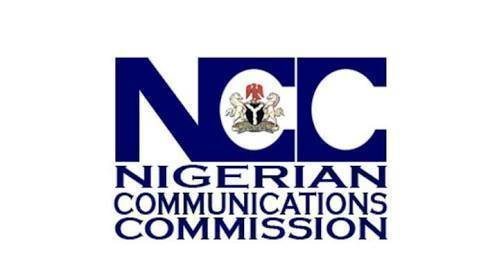As part of efforts to remain atop the scale of best bundle access flexibility in the highly competitive Nigeria data market, leading telecoms giant, Globacom recently created two new bundle offer; Glo Gold and Glo Platinum and increased other volume of data bundles on its stable.
For Glo Gold, subscribers on the offer will only pay N15,000 to get as high as 60GB and N18,000 for 90GB.
Whereas before, buyers of N1,000 bundle gets 2GB, today buyers get 3.2GB for same amount as N2,000 bundle which used to be 6GB is now 7.5GB. Glo also moved volume for N2,500 to 10GB and N3,000 bundle to whooping 12GB.
It would be recalled that many Nigerians who had squeezed their pockets to become first generation GSM subscribers can still recall how they feel losing N50 when a call that is not up to one minute suddenly drops. Then, subscribers were helplessly made to believe that such extortionist billing system will last for long. Suddenly, a proudly Nigerian company, Globacom came in and revolutionized voice calls from per-minute to per-second billing.
Sector pundits hailed the innovation for being the singular Midas touch that earned Glo, its early consolidation in an industry that is clawed by foreign business mafias.
It would be recalled that in 2003, Globacom came into the market with the mantra of innovative per-second billing. It positioned itself as the most responsive telecoms company in the market. The company had enough grounds to lay claim to positioning self as the market maker having entered the basket with a 2.5G, GPRS network.
With this, Globacom provided value added services like M-banking, text2email, Magic Plus, Multimedia Messaging Service, vehicle tracking among other avant-garde and revolutionary services that others could not offer. Instantly https://www.davidsoncolaw.com, it imbued Nigerians with a sense of immense pride. Certainly, a home-grown company had risen to liberate its people from telecoms servitude.
The emergence of Globacom tickled and added fun to subscribers’ daily network experience.
The launch of the Blackberry in 2006 was a game-changing move that gave the network a golden gilt edge.
As time goes on, the network continued to blaze the trail and went on to launch the 3G network. The other networks eventually followed suit as they also launched both the Blackberry and 3G services. The era of 3G communication saw the explosion of data-based telecommunication and mobile internet services.
Since recently, Nigeria had entered the league of online nations where business and social communication was done virtually on-the-go using internet bundles as driven by networks.
But one barrier existed between the subscriber and this modern and vast resource – cost. While the bandwidth was available, customers often could not afford the cost of many services over the World Wide Web. Audio streaming, not to mention video streaming or heavy data usage for most internet data users was out of the question.
Investigations showed that not many data customers could afford to buy up to 1 Gigabyte of data bundle. Many depended on small plans that gave 100 or 200 Megabyte and at most 500 megabytes.
To help the situation, Globacom stepped in with Glo-1 in 2010. The infrastructure addressed the inadequacy of SAT-3 that could not guarantee the required speed and capacity for the emerging bandwidth demands of Africa. The landing of Glo1 translated into much faster and more robust connectivity for voice, data and video. This development and the launch of other submarine cables like Main One made bandwidth available and facilitated a drastic fall in the cost of doing data/Internet services.








